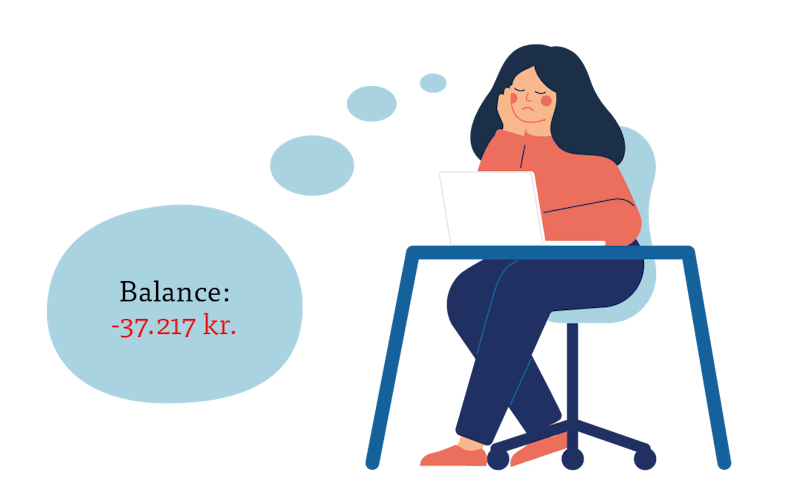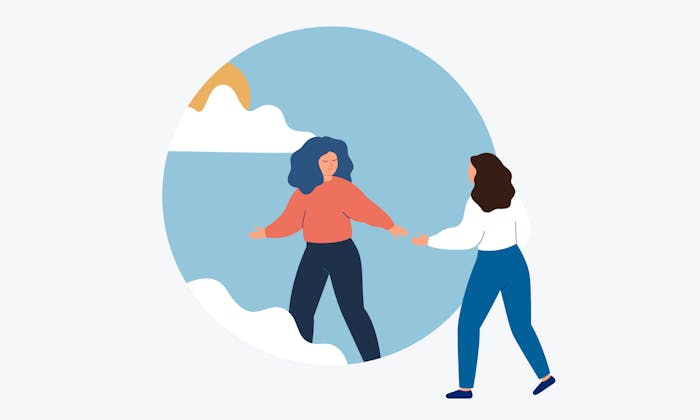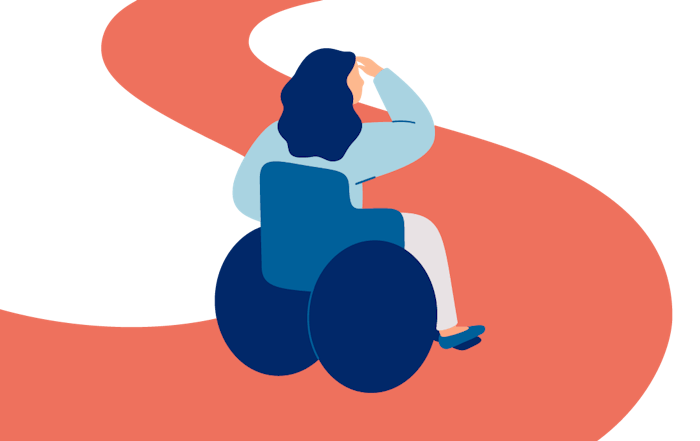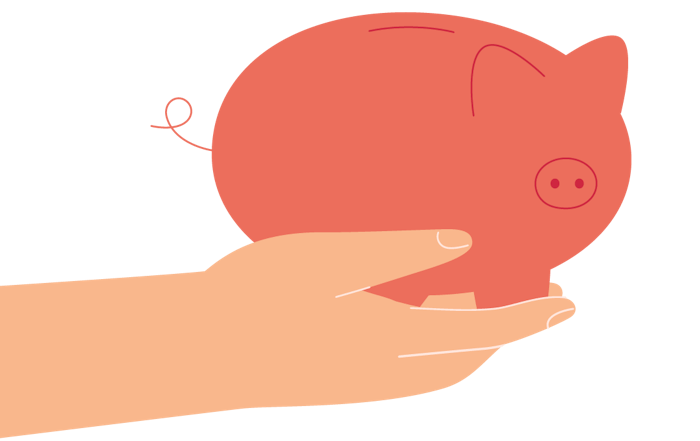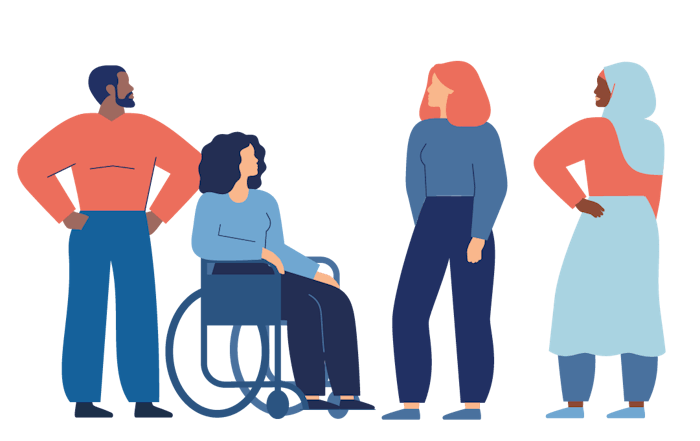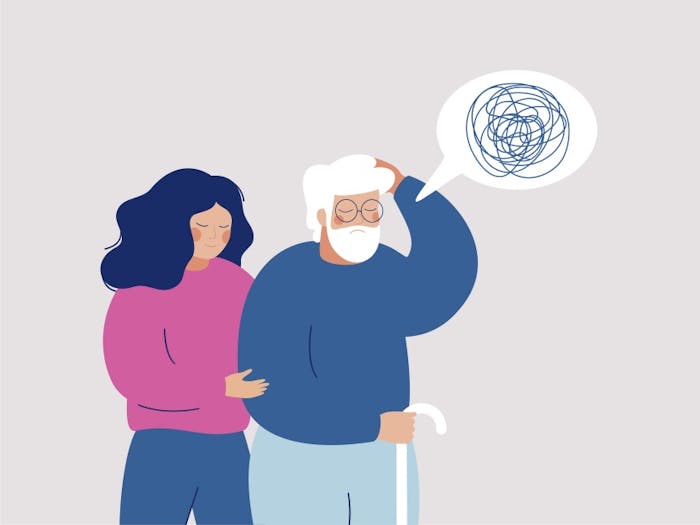What is financial abuse?
Financial abuse is always about money, but it can take many forms.
- It can be when people demand that you spend money on them.
- It can also be when people persuade you to spend money on them.
Examples:
- If someone wants to go somewhere and says you can come with them, but you must pay for them. This could be going to the movies, concerts, or traveling abroad.
- If someone wants you to pay for them. Like when you go to a restaurant together.
- If someone wants you to buy things for them.
- If someone wants you to give them large and expensive gifts.
- If someone wants you to pay their bill. Like for phone or Netflix.
- If someone wants you to sign something that will make you pay for it later. Like being a guarantor for a loan.
- If someone rations your money and closely watches what you spend.
- If someone transfers your salary into their bank account and refuses to give you access to it.
- If someone spends your money without permission.
It is not financial abuse if someone asks to borrow from you and pays it back, or if you pay for something once for a friend or family member, or if you take turns paying.
If it happens repeatedly, then it is not normal.
If the individual threatens you or says something bad will happen if you do not pay, then it is always financial abuse.
Examples of threats:
- They will stop being your friend.
- They will tell everyone that you are a stingy person or not a good friend.
